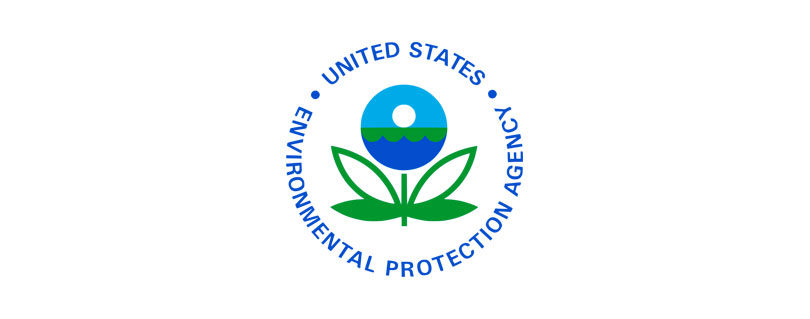Koloa Zipline and Kauai ATV to Pay $45k to Resolve Safe Drinking Water Act Violation Claim
Publilshed by the U.S. Environmental Protection Agency (EPA)
KAUAI – Today, the U.S. Environmental Protection Agency (EPA) is announcing a proposed settlement with Olegario and Anne Rivera Joint Trust (Rivera Trust), the owner and operator of Koloa Zipline and Kauai ATV, to resolve a claim of violation of the Safe Drinking Water Act’s Underground Injection Control regulations. Since 2006, Rivera Trust has owned and operated an illegal, pollution-causing large capacity cesspool (LCC) serving a retail store and check-in site for Kauai Zipline and ATV Company adventure tours. Use of an LCC after April 5, 2005 is a violation of federal regulations.
“Operation of any large capacity cesspool has been banned in Kauai for many years,” said EPA Pacific Southwest Regional Administrator Martha Guzman. “EPA intends to bring enforcement actions against operators who use these unlawful cesspools, which pose a serious risk of contaminating Hawaii’s precious groundwater resources.”
EPA is authorized to issue compliance orders and/or assess penalties to violators of the Safe Drinking Water Act’s cesspool regulations. EPA engaged with the Rivera Trust in April 2021 to seek information on wastewater disposal at the property. The two parties have now reached a settlement which includes a $45,000 penalty and agreement to properly close the LCC by June 1, 2023 and replace it with a state approved wastewater system.
Cesspools collect and release untreated raw sewage into the ground, where disease-causing pathogens and harmful chemicals can contaminate groundwater, streams, and the ocean.
Since the 2005 federal ban, more than 3,750 large capacity cesspools in Hawaii have been closed; however, hundreds remain in operation. Cesspools are used more widely in Hawaii than any other state and pose a unique challenge as groundwater provides 95 percent of all water supply for the islands.
To encourage regulated entities to voluntarily discover, promptly disclose, and expeditiously close these pollution-causing systems, EPA provides penalty mitigation and other incentives for companies that proactively find and close LCCs on their property. Information on how to self-disclose potential large-capacity cesspool violations is available here.
You can view the Public Notice: Proposed Settlement of Safe Drinking Water Act Administrative Penalty; Olegario and Anne Rivera Joint Trust here.
Learn more about the federal ban and definition of a large-capacity cesspool.
Learn more about cesspools in Hawai’i.
For more information on reporting possible violations of environmental laws and regulations, visit EPA’s enforcement reporting website.
Learn more about EPA’s Pacific Southwest Region. Connect with us on Facebook and on Twitter.
Read the full article at: https://www.epa.gov/newsreleases/koloa-zipline-and-kauai-atv-pay-45k-resolve-safe-drinking-water-act-violation-claim


